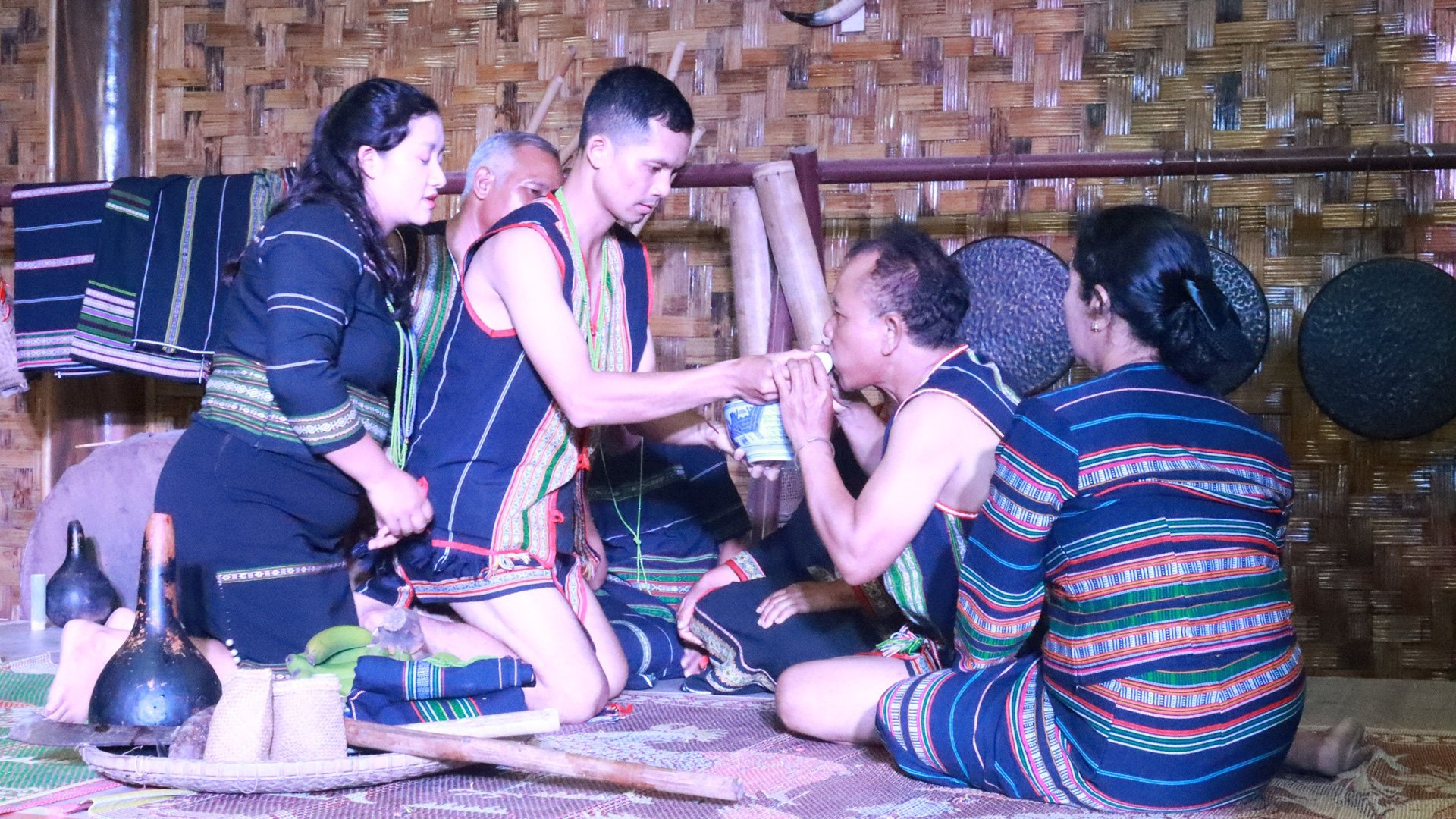 |
| Ritual at the ceremony reenacting the filial piety ceremony of the M'nong ethnic group. Photo: BT |
Artisan Cil Ha If in Dam Rong said that the M'nong people attach great importance to the ritual of showing gratitude to their parents. Usually, when their parents are over 60 years old, their children will choose a suitable day to hold a ceremony to express their gratitude to their parents for raising them. In the past, holding a ceremony to show gratitude to their parents was the sole responsibility of the eldest daughter. The time to hold the ceremony usually falls in January or February, when the previous year's crop has ended and the rice has been kept in the basket. Nowadays, the children in the family will hold a ceremony to show gratitude to their parents together. "This is an occasion for children to express their gratitude to their parents for giving birth to them and raising them. This is also an occasion for children to ask for their parents' blessings. On this occasion, parents will also divide their property among their children so that they can start their own lives. The ceremony to show gratitude to their parents is also an opportunity to strengthen solidarity among people in the family, clan, and community," said artist Cil Ha If.
According to artisan Cil Ha Trẻ, the offerings for the filial piety ceremony include 2 male pigs (1 processed, 1 live), 5 roosters, 20 beads, 1 set of clothes, 1 scarf, 1 pig's tail, 1 piece of raw meat, 4 jars of rice wine (1 large jar, 3 small jars), boiled eggs and sticky rice. "In the filial piety ceremony, the M'nong people also prepare some additional offerings such as an axe (meaning to carve a tree to make a coffin when the parents pass away), a small hoe and a spade (meaning that after the parents pass away, they will use it to weed and take care of the grave), a dry gourd filled with upstream stream water, along with rice seeds and corn seeds for the mother to give to her children (meaning that the parents leave their children good seeds)", artisan Cil Ha Trẻ said. Although it is a family ritual, held within the family, the ritual of filial piety to parents still receives attention from the villagers. It shows that the spirit of community cohesion has become the identity of the M'nong people. Through this ritual, the M'nong people teach their children to be filial to their parents and responsible to the community.
At dawn, all family members of the person whose filial piety ceremony is being held, as well as relatives in the village, each with their own job, are busy preparing the house, kitchen, water, offerings... After the offerings have been fully arranged, the parents (the person whose longevity ceremony is being held) sit in the most solemn position in the house, opposite the eldest daughter and her husband, under the witness of the family members. The eldest son-in-law said: "Today, my husband and I hold a filial piety ceremony to express our deep gratitude to you for giving birth to, raising, andeducating us to be good people." Continuing her husband's words, the eldest daughter spoke: "We send our best wishes to you, my parents, for good health and a long life with our children and grandchildren. We ask you, my parents, to bless us with good health and peace." After that, the son-in-law gave his father clothes and a scarf, and the daughter poured wine to invite him. Next, the daughter gives her mother clothes, a scarf, and a necklace, and the son-in-law pours wine to her. The parents use their index fingers to touch the foreheads of their children and grandchildren, wishing peace and health for all family members. After the wishes of the children and grandchildren, the person being celebrated will tell his or her life story, instructing the children and grandchildren to live happily, in harmony, in solidarity, and in helping each other, not to argue or compare with each other regardless of big or small matters, then advises the children and grandchildren that when their parents pass away, they should not be sad or cry too much, as it will affect their lives and work. The property left by the parents is common property, and the children and grandchildren should not destroy or fight over it.
After the ceremony, family members and villagers eat and drink together. Men in the village play gongs, women dance traditional dances. Some people sit and talk about their children, some discuss business, some share future plans... According to Mr. Lieng Hot Ha Hai - Vice Chairman of Dam Rong District People's Committee, Dam Rong District People's Committee organized the restoration and reenactment of the M'nong people's filial piety ritual to arouse the M'nong people's tradition of filial piety in practicing filial piety rituals, thereby expressing love, respect for the elderly, and gratitude of children and grandchildren to their parents. This is also an opportunity to pass on the good traditional cultural values of the M'nong people in the community.
Source: https://baolamdong.vn/van-hoa-nghe-thuat/202505/bao-hieu-cha-me-net-dep-van-hoa-cua-nguoi-mnong-5a16d10/


![[Photo] Many young people patiently lined up under the hot sun to receive a special supplement from Nhan Dan Newspaper.](https://vphoto.vietnam.vn/thumb/1200x675/vietnam/resource/IMAGE/2025/5/18/6f19d322f9364f0ebb6fbfe9377842d3)

![[Photo] Ready for the top competitions of Vietnamese table tennis](https://vphoto.vietnam.vn/thumb/1200x675/vietnam/resource/IMAGE/2025/5/18/9c547c497c5a4ade8f98c8e7d44f5a41)


![[Photo] Party and State leaders attend the special art program "You are Ho Chi Minh"](https://vphoto.vietnam.vn/thumb/1200x675/vietnam/resource/IMAGE/2025/5/18/6895913f94fd4c51aa4564ab14c3f250)






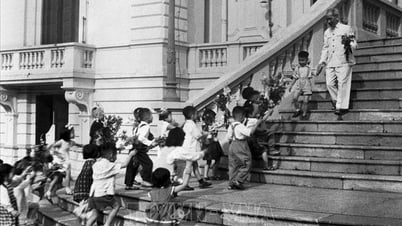








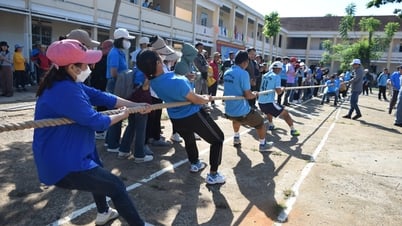
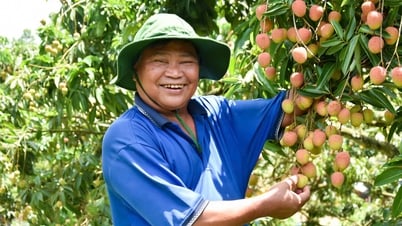

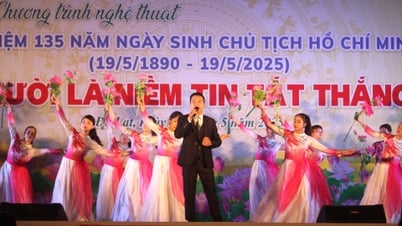
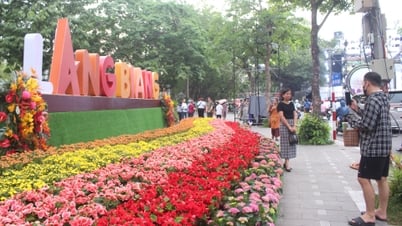
















































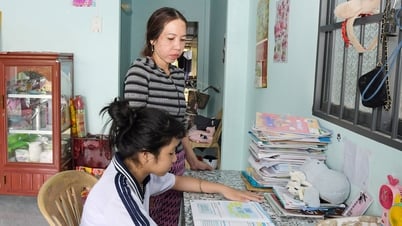



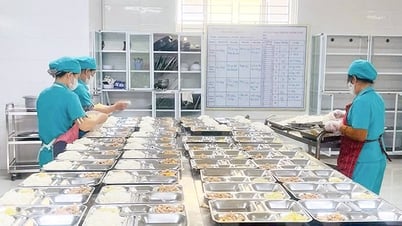
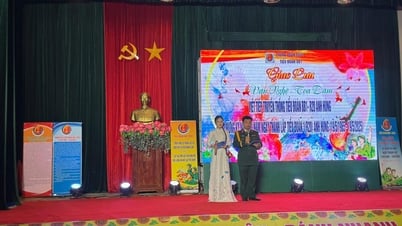










Comment (0)